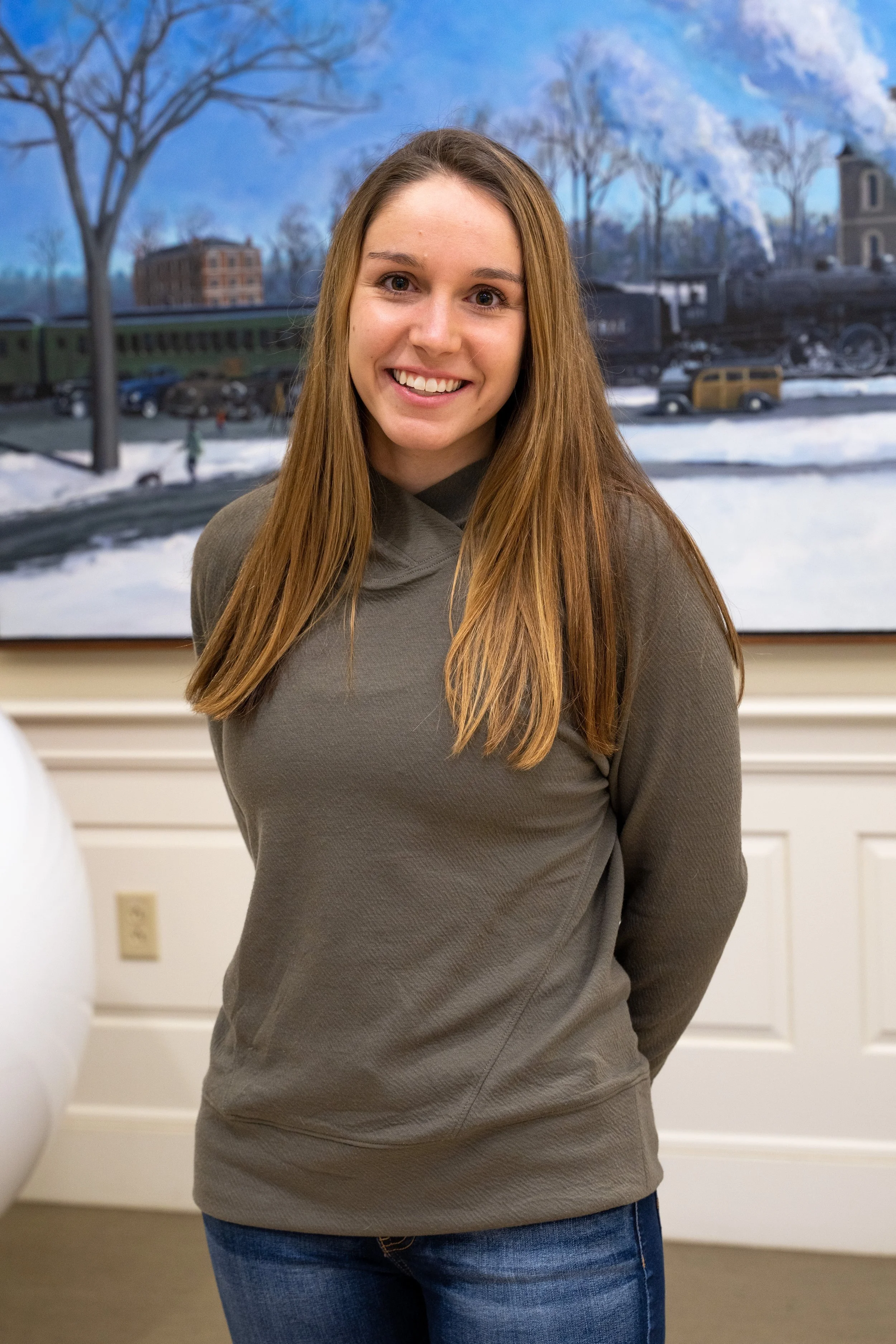Keagan D.
Photography by Joseph Bui
If you’re reading this, I see you.
Depression. It feels like a bad word – an illness, a disease, a weakness. From a young age, I internalized that people who are depressed lack the mental toughness to handle the challenges thrown their way. I had bought into the societal stereotype that depression is a sign of weakness. That perception changed when I was diagnosed with major depressive disorder and started taking antidepressants.
In high school, I cried at the drop of a hat. I found enjoyment in absolutely nothing, and I slept for hours on end. I was lonely, I was sad, and I was broken. I attached my worth to my performance in school and on the basketball court, and those were the only things I was able to pour myself into. I woke up, I went to school, I got shots up, I lifted, I did homework, and I went to bed. I isolated myself because it was much easier than pretending to be happy in the presence of others. (Fun fact - my junior year after scoring my thousandth point, I cried when I got home; probably because I felt so empty. The only thing that kept me going had been accomplished - so what now?)
*** “You can’t achieve your way out of depression” ***
On the drive home from school, I would think about driving off the road – almost every single day. I wondered who would care. I wondered if physical pain would wake me from the constant numbness. As hard as it is to share, I considered suicide on a few occasions.
I felt guilty, I had so much going for me. I have a great family and so many people who love me. I have a roof over my head and food to eat every night. Why wasn’t I happy? I felt selfish, and I felt weak – two traits athletes are never supposed to have. I always thought that my sadness was just an inability to overcome challenges. I desperately wanted to be happy, but it was always forced and incredibly artificial.
I am so thankful that my mom forced me to get help and face the internal monster I had created. At first, I didn’t want to. I didn’t want to be diagnosed with a mental illness. I’m not sick. I’m not messed up. I’m not weak. However, within a few weeks of taking low-dose antidepressants, it became easier to get out of bed. I wasn’t exhausted, just trying to make it through the day. I actually enjoyed my workouts again, and I slowly emerged from the isolation I had put myself in.
Even after being diagnosed and noticing the changes, I still wondered if I was actually depressed. I constantly questioned if I was just being over-dramatic. It felt as if I was the only person going through this.
Fast forward to my freshman year of college, sitting in my introductory psychology class - specifically a lecture about depression - my professor flipped the slide to the list of depressive symptoms and said that if at least five of these are applicable, then the patient is diagnosed with major depressive disorder. I checked every box. Every. Single. One. So yeah, maybe I wasn’t being dramatic. Maybe I wasn’t weak. Maybe I was justified in taking medicine.
Eventually, I became more open with my struggles, especially after reading pieces by professional athletes such as this article “To Anybody Going Through It” and “Everybody is Going Through Something,” both by NBA All-Star Kevin Love.
The articles resonated with me and put a lot of feelings into words. In my darkest moments (and by moments, I mean weeks), I would work out for hours on end to numb my mind and my body. I tied my worth to my performance on the basketball court and in the classroom. I was exhausted. I was alone. I felt invisible to the world. These articles finally made me feel seen.
I wish I had known from the beginning that I wasn’t alone. I wish I hadn’t taken on guilt and embarrassment from the stigma society creates. I am so thankful for professional athletes sharing their stories and shifting the culture around mental health. It has allowed me to find strength in the vulnerability of sharing my story. Although I will never allow depression to define me, it will forever be a part of my story.
To anyone who is going through it, I’ve been there, and I see you.
Keagan D., Colby College
Connect With Us
To follow IfYoureReadingThis at Colby on Instagram, get in touch with our chapter, and learn about more resources available to Colby College students, visit our chapter’s homepage.
AUTHOR CONTACT
This author has opted to allow readers who resonate with their story to contact them. If you would like to speak to the author of this letter about their experience, please use the form below.

